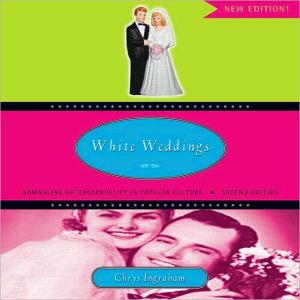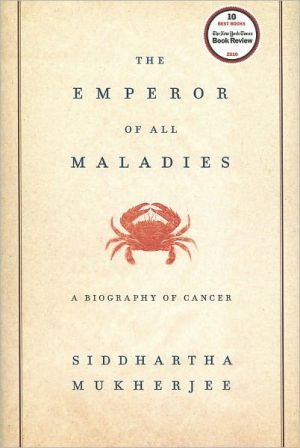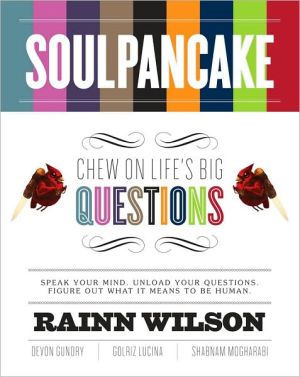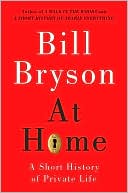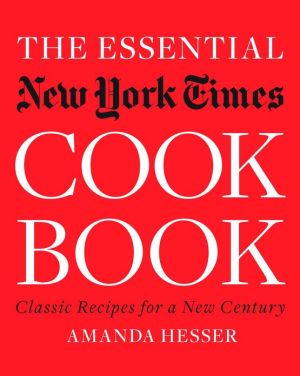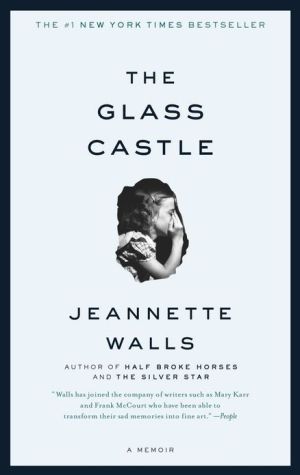White Weddings: Romancing Heterosexuality in Popular Culture
This is a groundbreaking study of our culture's obsession with weddings. By examining popular films, commercials, magazines, advertising, television sitcoms and even children's toys, this book shows the pervasive influence of weddings in our culture and the important role they play in maintaining the romance of heterosexuality, the myth of white supremacy and the insatiable appetite of consumer capitalism. It examines how the economics and marketing of weddings have replaced the religious and...
Search in google:
This is a groundbreaking study of our culture's obsession with weddings. By examining popular films, commercials, magazines, advertising, television sitcoms and even children's toys, this book shows the pervasive influence of weddings in our culture and the important role they play in maintaining the romance of heterosexuality, the myth of white supremacy and the insatiable appetite of consumer capitalism. It examines how the economics and marketing of weddings have replaced the religious and moral view of marriage.This second edition includes many new and updated features including: full coverage of the wedding industrial complex; gay marriage and its relationship to white weddings and heterosexuality and demographics shifts as to who is marrying whom and why, nationally and internationally. Publishers Weekly French psychoanalyst Jacques Lacan used the term "the imaginary" to describe the unmediated relationship an infant has to its own image and to its mother. Ingraham, an associate professor of sociology at Russell Sage College for Women, borrows heavily from Lacan's concept to describe the way in which we're conditioned to think about heterosexuality and its place in traditional weddings. She describes the "heterosexual imaginary" as "a belief system that relies on romantic and sacred notions of heterosexuality in order to create and maintain the illusion of well being." According to Ingraham, this illusion is reinforced by the fetishization of weddings. In her scathing view, "the big day" reinforces a racist, classist and heterosexual social order. Ingraham skewers all aspects of the modern wedding, from the labor practices involved in the manufacture and marketing of gowns to the white-only marketing strategies of major bridal magazines. With intelligence and perception, she describes the makeup of the "wedding-industrial complex," which relentlessly markets nuptials (especially white weddings) and relies on the pervasive media images of marriage ceremonies to keep itself "recession-proof." Although her tone is academic, Ingraham's writing is lively and persuasive. One of the few studies of weddings, this important addition to cultural studies could make a few potential brides and grooms rethink that long walk to the altar. (Sept.) Copyright 1999 Cahners Business Information.
AcknowledgmentsCh. 1Lifting the Veil1Ch. 2The Wedding-Industrial Complex25Ch. 3Romancing the Clone: The White Wedding77Ch. 4Four Weddings and an Industry: Popular Film and Television Weddings123Ch. 5And They Lived Happily Ever After...159Epilogue169Appendix173Endnotes185References189Photo Permissions201Index203
\ Publishers Weekly - Publisher's Weekly\ French psychoanalyst Jacques Lacan used the term "the imaginary" to describe the unmediated relationship an infant has to its own image and to its mother. Ingraham, an associate professor of sociology at Russell Sage College for Women, borrows heavily from Lacan's concept to describe the way in which we're conditioned to think about heterosexuality and its place in traditional weddings. She describes the "heterosexual imaginary" as "a belief system that relies on romantic and sacred notions of heterosexuality in order to create and maintain the illusion of well being." According to Ingraham, this illusion is reinforced by the fetishization of weddings. In her scathing view, "the big day" reinforces a racist, classist and heterosexual social order. Ingraham skewers all aspects of the modern wedding, from the labor practices involved in the manufacture and marketing of gowns to the white-only marketing strategies of major bridal magazines. With intelligence and perception, she describes the makeup of the "wedding-industrial complex," which relentlessly markets nuptials especially white weddings and relies on the pervasive media images of marriage ceremonies to keep itself "recession-proof." Although her tone is academic, Ingraham's writing is lively and persuasive. One of the few studies of weddings, this important addition to cultural studies could make a few potential brides and grooms rethink that long walk to the altar. Sept. Copyright 1999 Cahners Business Information.\ \ \ \ \ Katherine SojournerA brilliant and fun! look at the institution/industry of marriage in the late twentieth-century United States.\ \
